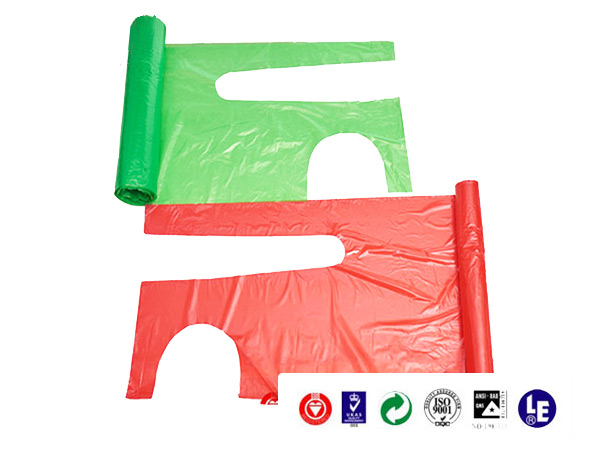
Plastic aprons are mainly made of plastic materials, such as PVC (polyvinyl chloride) and PE (polyethylene), etc. These materials usually have the characteristics of waterproof, oil-proof, acid-resistant and alkali-resistant.
The characteristics of plastic aprons can be summarized and concluded from the following aspects:
1. Material and performance characteristics
Material: Plastic aprons are mainly made of plastic materials, such as PVC (polyvinyl chloride) and PE (polyethylene). These materials usually have the characteristics of waterproof, oil-proof, acid-resistant and alkali-resistant.
Waterproofness: Plastic aprons have excellent waterproof performance, which can effectively prevent liquids, grease and other stains from penetrating into clothes, keeping clothes clean and dry.
Durability: Plastic aprons are usually durable and can withstand multiple washings and uses, with a relatively long service life.
2. Design and use characteristics
Size and coverage: The size and coverage of plastic aprons can be selected as needed to ensure that the body can be fully covered to prevent water or liquid from splashing onto clothes.
Adjustment and fixing method: Some plastic aprons are designed with adjustable collars and belts to adapt to people of different body shapes and provide better fixing effects. This design makes the apron fit the body more closely, improving the comfort and convenience of use.
Pocket design: Some plastic aprons are designed with pockets to facilitate the storage of tools or items, enhancing their practicality.
3. Advantages and applicable scenarios
Advantages: Plastic aprons are waterproof, oil-proof, acid-resistant, and easy to clean and disinfect, making them very suitable for use in environments that require high hygiene, such as laboratories, hospital operating rooms, and food processing plants. In addition, plastic aprons are usually cheaper than cloth aprons and have lower costs.
Applicable scenarios: Plastic aprons are widely used in various occasions that require better protection, including but not limited to kitchen cooking, cleaning work, chemical experiments, medical care, etc.